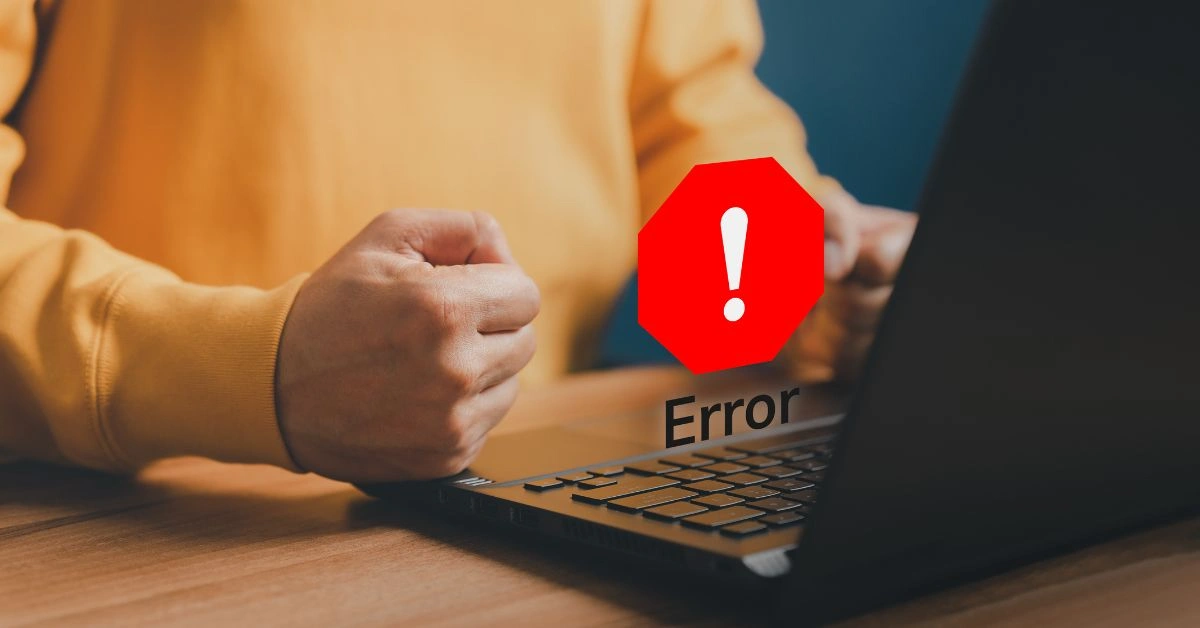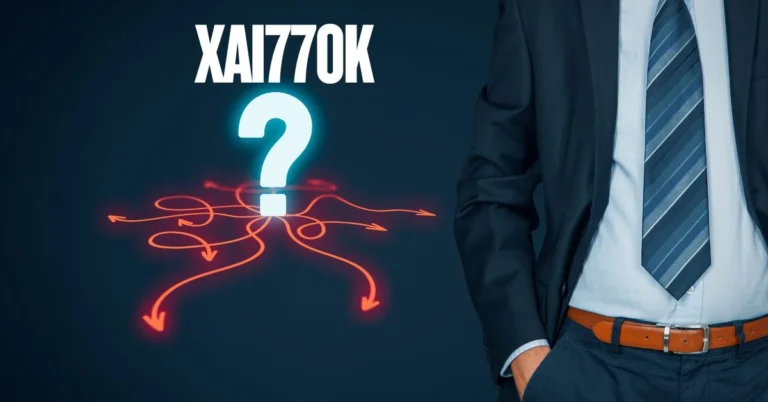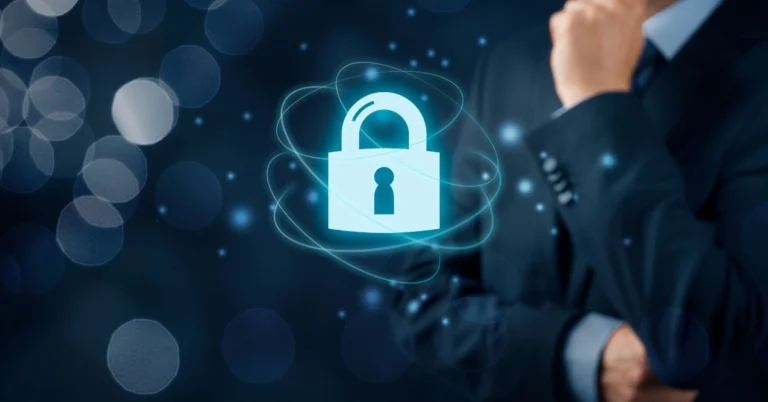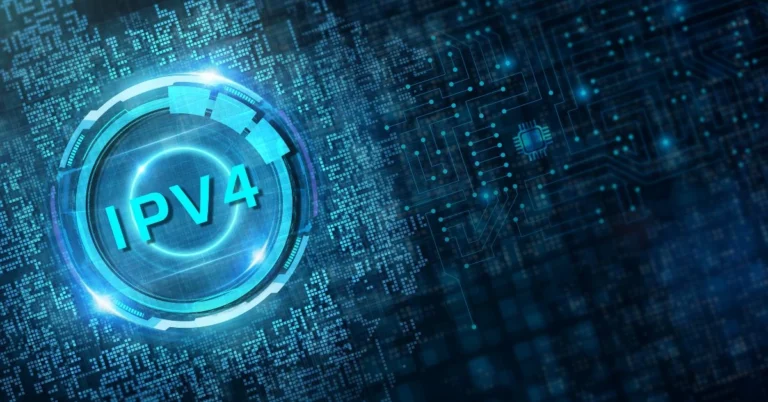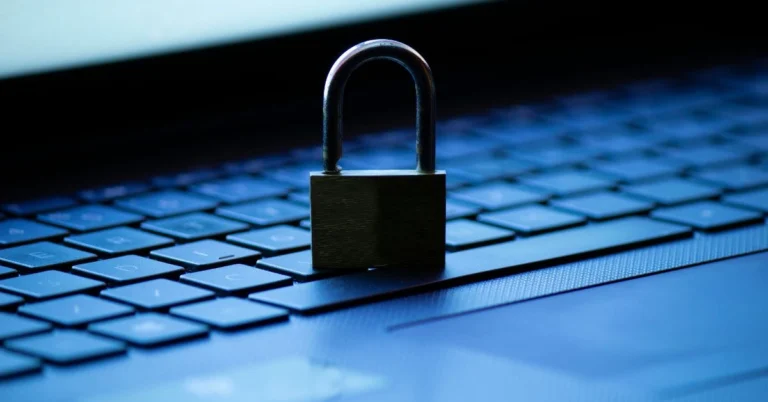Solving Jacksonville Computer Network Issues: Tips for Faster, More Reliable Connections
A strong internet connection is essential for work, entertainment, and communication. Many people in Jacksonville struggle with slow speeds, frequent outages, and weak Wi-Fi signals. Businesses and remote workers face disruptions that affect productivity, while home users deal with buffering videos and dropped connections.
A stable network is necessary for online meetings, streaming, gaming, and smart home devices. Unfortunately, many factors can cause poor performance, including outdated equipment, ISP limitations, and security threats. Understanding the common network problems and their causes is the first step toward finding effective solutions.
This guide will explore the most frequent internet issues people experience in the area. It will also provide practical steps to improve network speed, stability, and security. Whether you work from home, run a business, or just want a better connection, these tips will help you stay online without frustration.
| Aspect | Fact | Figure |
|---|
| Common Internet Issues | Slow speeds, weak Wi-Fi, connection drops, cybersecurity risks, equipment/software compatibility. | 3-4 common problems identified. |
| Causes of Slow Speeds | Network congestion, ISP limitations, outdated equipment. | ISP speed limitations, data caps, router age. |
| Causes of Connection Drops | Weather disruptions, technical issues, internal equipment problems. | Power outages, maintenance. |
| Causes of Wi-Fi Issues | Poor router placement, interference from other devices, too many connected devices. | Router location, device load, interference sources. |
| Cybersecurity Risks | Phishing, malware attacks, weak Wi-Fi security, lack of firewall, antivirus protection. | Use of WPA3, VPN, and antivirus. |
| Equipment Issues | Old routers/modems, firmware/software compatibility. | Devices over 5 years old. |
| Improvement Tips | Upgrading to a better ISP plan, using mesh Wi-Fi, placing router centrally, updating firmware. | Mesh systems, central router placement. |
| Wi-Fi Strength | Place router in central location, use Wi-Fi extenders, ensure minimal interference. | Wi-Fi coverage improvements. |
| Network Security | Enable WPA3, use VPNs, install firewalls, keep security software updated. | WPA3, strong passwords, VPN use. |
| Performance Optimization | Upgrade routers/modems, update software/firmware, use higher-capacity routers. | New router models, software updates. |
| Backup Solutions | Use UPS for power outages, dual ISP setup for uninterrupted service. | UPS, Dual ISP setup. |
| Common Troubleshooting | Check cables, routers, configurations, and contact ISP if issues persist. | Regular checks for equipment and connections. |
| FAQs on Issues | Slow speeds due to congestion, disconnections from weather, improving Wi-Fi signal, securing network from cyber threats. | FAQs for troubleshooting internet problems. |
Common Internet and Network Problems in the Area

Many users struggle with unreliable internet connections. Slow speeds, weak Wi-Fi, and cybersecurity risks are just a few of the problems. These issues can make even simple online tasks frustrating.
Slow Internet Speeds
A sluggish connection can ruin productivity and entertainment. Whether browsing, streaming, or gaming, slow speeds lead to delays and buffering. Several common factors cause this issue.
- Network Congestion: Too many users online at the same time slow down speeds. This often happens in apartments and busy neighborhoods. Internet service providers (ISPs) may struggle to handle the demand.
- ISP Limitations: Some providers reduce speeds during peak hours. Others impose data caps that slow users down after reaching a limit. Many people are unaware of these hidden restrictions.
- Outdated Equipment: Old routers and modems cannot support modern internet speeds. If the hardware is outdated, the connection may remain slow even with a high-speed plan. Upgrading devices can resolve this issue.
Frequent Connection Drops and Outages
Losing internet access unexpectedly is frustrating. Whether for work or entertainment, outages disrupt daily activities. Several reasons contribute to this problem.
- Weather-Related Disruptions: Storms and hurricanes can damage network infrastructure. Power outages also affect internet service. Some providers take longer to restore connections after severe weather.
- Maintenance and Technical Issues: ISPs perform maintenance, which can cause temporary disruptions. Sometimes, these outages happen without prior notice. Technical failures in the network also contribute to downtime.
- Internal Equipment Problems: Faulty cables, outdated routers, or misconfigured settings can cause frequent disconnections. Many users assume the issue is with their provider, but sometimes it is within their own setup.
Weak or Unstable Wi-Fi Signals
Wi-Fi issues are common in homes and offices. A weak signal leads to slow speeds, dropped connections, and dead zones. Several factors contribute to this problem.
- Poor Router Placement: Walls, furniture, and distance from the router weaken the signal. Many users place their router in a hidden spot, reducing its effectiveness. The best placement is in a central, open location.
- Interference from Other Devices: Wireless signals can be disrupted by household electronics. Microwaves, cordless phones, and Bluetooth devices may interfere with Wi-Fi. Changing the Wi-Fi channel can reduce interference.
- Too Many Connected Devices: A single router may struggle to support multiple smartphones, tablets, and smart home gadgets. Older models cannot handle high device traffic. Upgrading to a stronger router or using mesh Wi-Fi can help.
Cybersecurity Risks and Threats
Unsecured networks are vulnerable to hacking and malware. Many users do not take enough precautions to protect their internet connections. Cyber threats can cause data breaches, identity theft, and system failures.
- Phishing and Malware Attacks: Hackers trick users into revealing sensitive information. Clicking on fake links or downloading unknown files can lead to security breaches. Businesses and individuals must be cautious about suspicious emails and websites.
- Weak Wi-Fi Security: Many users do not set strong passwords or enable encryption on their networks. This makes it easy for unauthorized users to connect. Strong passwords and the latest security settings help protect home and business networks.
- Lack of Firewall and Antivirus Protection: Firewalls block unauthorized access, while antivirus software protects against malware. Many users do not enable these protections. Keeping security software updated is essential for online safety.
Equipment and Software Compatibility Issues
Outdated hardware and software can slow down performance. Many people do not realize their devices are limiting their internet speed. Regular updates and upgrades help maintain a strong connection.
- Old Routers and Modems: Older networking equipment may not support modern internet speeds. Even with a fast ISP plan, an outdated router can cause bottlenecks. Upgrading to newer models improves speed and reliability.
- Firmware and Software Issues: Routers need firmware updates to work efficiently. If these updates are ignored, performance may decline over time. Checking for regular updates can prevent slow speeds and connection drops.
- Device Compatibility Problems: Some older computers and smartphones cannot handle high-speed internet. They may not support the latest Wi-Fi standards. Upgrading devices or adjusting settings can improve performance.
How to Improve Network Performance and Stability
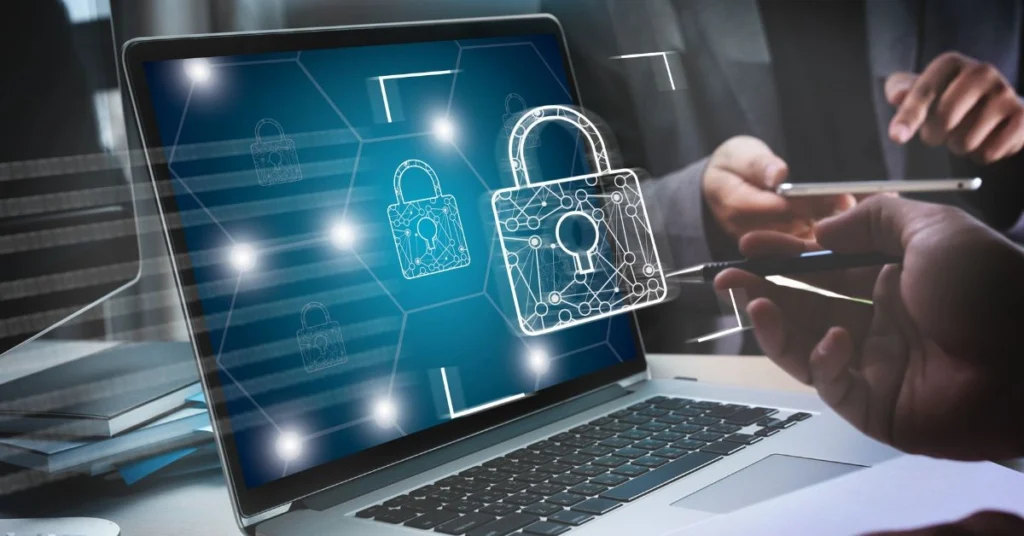
Fixing internet issues requires a mix of better equipment, smarter settings, and stronger security. These solutions help optimize speed, reliability, and overall performance.
Boosting Internet Speed
A few simple changes can improve connection speed. Many users assume their ISP is to blame, but internal fixes can make a big difference.
- Upgrade to a Better Plan: Some people need a faster package from their ISP. Checking for available fiber-optic options can provide a more reliable experience.
- Use a Mesh Wi-Fi System: Mesh networks eliminate dead zones and provide strong signals throughout the home. They are ideal for large spaces and multi-story buildings.
- Regularly Update Router Firmware: Keeping the router’s software up to date improves performance. Many users never check for updates, leading to slower speeds over time.
Preventing Frequent Outages
While some outages are unavoidable, certain precautions help reduce downtime. Businesses and remote workers especially benefit from a stable connection.
- Use a Backup Power Source (UPS): A UPS keeps the internet running during short power outages. It prevents sudden disconnections and data loss.
- Consider a Dual ISP Setup: Having two internet providers ensures backup connectivity. If one provider fails, the second connection takes over automatically.
Improving Wi-Fi Strength
A weak signal leads to slow speeds and unstable connections. Optimizing Wi-Fi placement and settings can help.
- Place the Router in an Open, Central Location: Keeping it away from walls and obstructions improves signal reach. Elevating the router can also enhance performance.
- Use Wi-Fi Extenders or Repeaters: These devices help expand coverage in large homes or offices. They eliminate weak spots and improve overall connectivity.
Enhancing Network Security
Protecting internet connections is essential for privacy and performance. Stronger security prevents hacking attempts and unauthorized access.
- Enable WPA3 Encryption: WPA3 is the latest security standard for Wi-Fi. It provides better protection against cyber threats.
- Use a VPN for Added Security: A virtual private network encrypts data and protects users from cyber threats. This is especially useful for remote workers and businesses.
Optimizing Hardware and Software
The right equipment plays a key role in network performance. Old or outdated devices can slow down even the best internet plans.
Upgrade to a New Router if Needed: If a router is more than five years old, it may not support modern speeds. Newer models offer faster performance and better security.
Check for Software and Driver Updates: Computers, routers, and other devices need regular updates. Keeping everything up to date ensures the best connection speeds.
Conclusion
In today’s fast-paced digital world, a strong and reliable internet connection is crucial for both personal and professional activities. Whether you’re working from home, streaming your favorite content, or managing a business, addressing common network issues is key to maintaining optimal performance. From slow speeds and connection drops to Wi-Fi interference and cybersecurity threats, understanding the underlying causes allows you to take effective steps toward improvement.
By upgrading equipment, optimizing settings, and implementing security measures, you can enhance your internet experience. With the right approach, you can enjoy seamless online activities without the frustration of connectivity problems. Stay proactive about your network’s health, and you’ll experience a faster, more secure, and reliable connection.
Why is my internet connection so slow?
Several factors can contribute to slow internet speeds, such as network congestion, outdated equipment, or ISP limitations. Upgrading your router, checking for data caps from your ISP, or switching to a faster plan can help improve your speeds.
What should I do if my internet keeps disconnecting?
Frequent disconnections can be caused by weather-related disruptions, faulty equipment, or technical issues from your ISP. Ensure your router and cables are in good condition and correctly configured. If the problem persists, contact your ISP for assistance.
How can I boost my Wi-Fi signal?
To strengthen your Wi-Fi signal, place your router in a central, open location, away from walls and obstructions. Consider using a mesh network system or Wi-Fi extenders to eliminate dead zones and improve coverage throughout your home or office.
How do I secure my network from cyber threats?
To protect your network, enable WPA3 encryption, use strong passwords, and regularly update your security settings. Additionally, installing antivirus software, enabling firewalls, and using a VPN can further safeguard your network from potential threats.
When should I replace my router?
If your router is over five years old, it may not be able to support modern internet speeds or the latest security features. Upgrading to a new router can improve both speed and security, ensuring your network operates at its best.
Can multiple devices affect my internet speed?
Yes, having too many devices connected to your network at once can reduce speeds, especially if the router is old or not designed to handle heavy traffic. Consider upgrading to a higher-capacity router or using a mesh network to support multiple devices without sacrificing performance.
How can I prevent internet outages?
While some outages are unavoidable, using a backup power source like an uninterruptible power supply (UPS) can help maintain connectivity during short power disruptions. Additionally, having two ISPs ensures you always have a backup connection in case one fails.

